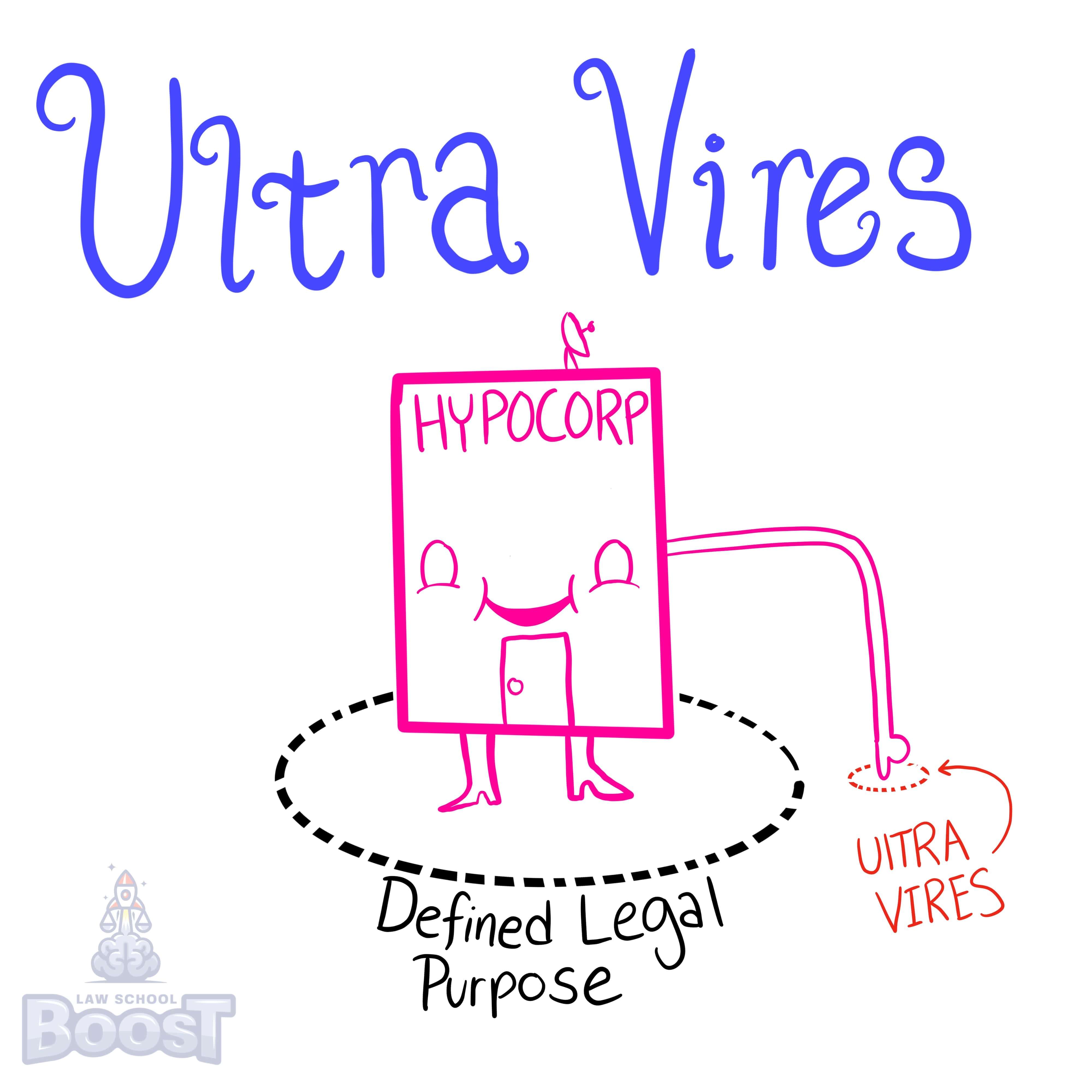🌕
Corporations • Formation Requirements
CORP#010
Legal Definition
Where a corporation narrowly or specifically identifies its business purpose, any action outside the stated purpose is known as ultra vires. As such, *(1)* the state can enjoin the activity, *(2)* the corporation may sue its own directors and officers for losses caused by the activity, and *(3)* the state may seek dissolution of the business.
Plain English Explanation
When a corporation chooses to narrow its business purpose, then it has a legal obligation not to exceed those limitations. A puppy farm company with a business purpose of "raising and selling dogs" may not sell cats. In contrast, if their business purpose is to "raise and sell animals," selling cats would not be ultra vires.
Where a corporation decides to ignore its business purpose, the state may force it to stop breaking its own rules or even decide to dissolve/kill the corporation. Additionally, the corporation may pursue legal action against the people who are running it (its officers and directors).
Where a corporation decides to ignore its business purpose, the state may force it to stop breaking its own rules or even decide to dissolve/kill the corporation. Additionally, the corporation may pursue legal action against the people who are running it (its officers and directors).
Visual Aids

Related Concepts
Are bylaws required to form a corporation, and who is allowed to create and modify them?
How broad can a statement of business purpose be?
In what instances will courts pierce the corporate veil?
What are the requirements for articles of incorporation?
What is a corporation by estoppel and when does it apply?
What is a de facto corporation?
What is a de jure corporation and how is it formed?
What is a foreign corporation and how does it gain the ability to operate?
What is "piercing the corporate veil"?
What is the legal significance of corporate formation?
Why are courts more willing to pierce corporate veils for tort victims?


